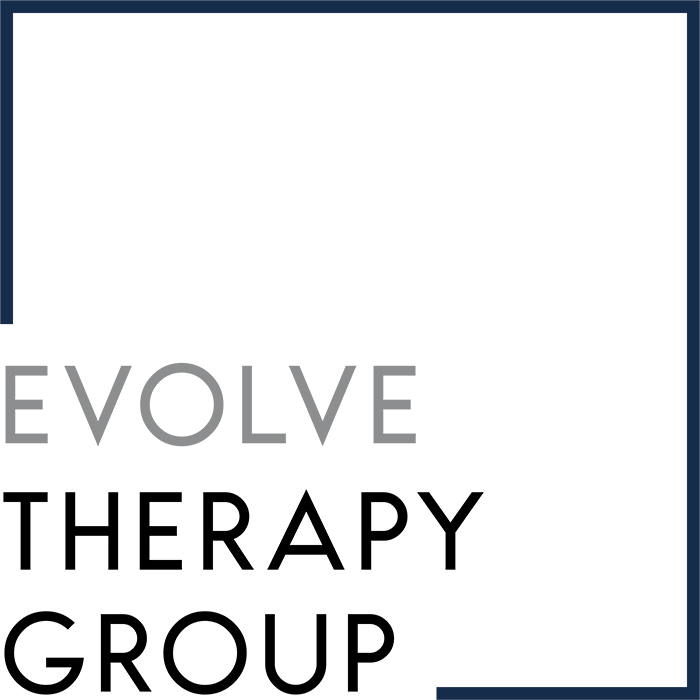Trauma Therapy Can Help You Let Go Of The Pain

During trauma/PTSD therapy sessions, we provide a safe and trusting therapeutic environment where you are encouraged to express yourself without fear of judgment or re-traumatization. Building trust with your therapist is a crucial part of the process as we work collaboratively to help you gain a better understanding of how trauma has affected your thoughts, emotions, and behaviors.
Within this safe space we have created for you, we encourage you to set your own goals toward healing so we can work side by side to help you achieve them. With us, you can unburden yourself and know that your thoughts and feelings are heard and validated.
Our Approach To Trauma/PTSD Therapy
Psychodynamic Therapy: allows us to explore what situations trigger your symptoms and how they affect your thoughts and behaviors.
During therapy, we allow you to work toward integrating your traumatic experiences into your narrative in a way that reduces emotional and psychological distress. Trauma processing may also be incorporated through various therapeutic techniques, such as Eye Movement Desensitization and Reprocessing (EMDR), prolonged exposure therapy, or narrative therapy. We also take the time to teach you coping skills to manage trauma-related symptoms and everyday stressors. You will also learn adaptive ways to cope with anxiety, depression, and other emotional challenges.
During sessions, you will learn grounding techniques so you can stay connected to the present moment when triggered by traumatic memories. These techniques will help reduce dissociation and panic. Your therapist will work with you to help you recognize triggers, and understand how they influence your reactions. This awareness helps you respond more effectively.
Trauma-informed therapy is used to create a supportive and empowering environment for you to take on an active role in your healing journey. It allows us to understand how trauma has impacted your life and helps us address them so you can move forward.
Narrative Therapy: helps you to reframe your traumatic experiences and create a more empowering narrative about yourself. It helps you to externalize the impact of trauma, viewing it as a separate entity rather than defining your identity.
Dialectical Behavior Therapy (DBT): helps you to understand and manage the intense emotions often associated with trauma/PTSD. Emotion regulation skills help you tolerate distressing emotions without becoming overwhelmed or engaging in unhealthy coping behaviors.
Recovery from trauma is not only possible but highly achievable through therapy and guidance. With the help of our skilled and compassionate therapists at Evolve Therapy Group and evidence-based treatment approaches, you can regain control over your life and begin a path toward happiness and healing.






